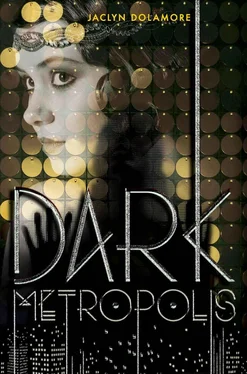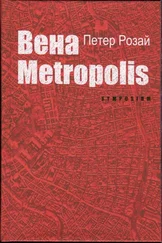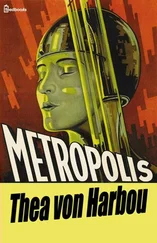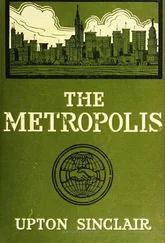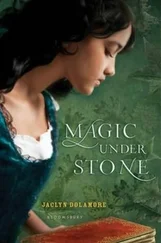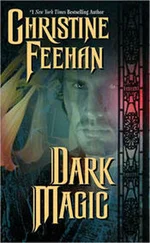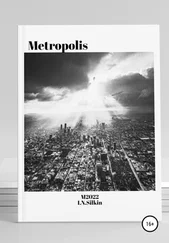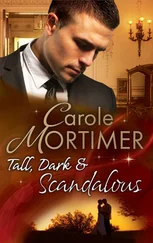Dark Metropolis
Dark Metropolis - 1
Jaclyn Dolamore
To Jenn Laughran, without whose enthusiasm this book might not exist
“ I’m glad you girls are all here; by the looks of the crowd outside we’ll be busy, even for a Saturday.” Mr. Kortig raked his hand through his hair. “Lottie—I’d like you in the front. Nan, the private rooms. Thea, the balcony.”
Who would Thea serve tonight? Any night at the Telephone Club held the prospect of a glamorous customer or an unexpectedly generous tip, and the balconies were among the most exclusive real estate in the room.
The hostesses had ushered in the first wave of customers, filling chairs with every sort of notable the city had to offer, from jewelry-bedecked socialites to political radicals. Thea always hoped to see the actresses. She rarely had time to go to the cinema, but she read about their parties and love affairs in the papers. Today a slim, younger man looked down from the left balcony above the Telephone Club’s bright stage, where women dressed as planets swung from ropes. His hair glinted in the dim light. The color was odd, almost silver.
It was silver, Thea saw when she had climbed the stairs and passed through the curtain. How odd for a boy who looked close to her own age. He was accompanied by the sort of man who would play “Father” in the pictures—friendly eyes balanced by a severe and graying mustache, conservative suit on a tall but somewhat frail build. She smiled at him, but she kept looking at the silver-haired boy, who was still at the railing.
“Hi, boys,” she said—older men liked being lumped in with their sons. “Can I get you something?”
The boy glanced at her over his shoulder. “What is going on with this show?”
“Is something wrong?” She stepped beside him. Onstage, a woman in a metallic lunar-themed costume was facing a man representing the sun, his gold lamé suit no less dazzling. Her stocking-clad legs moved furiously, her hands on her hips, eyes challenging, smile plastered on. Not to be outdone, the man came forward, legs like liquid as he kicked this way and that, swinging a cane.
“Are the moon and the sun actually having a dance-off?” the boy asked.
“Of course,” Thea said. She saw what he was getting at now. Insulting the show. Thinking it silly. One of those more-intellectual-than-thou types. “They aren’t giving a science lesson, anyway.” She looked to the older man again, to let him know he was free to step in with a drink request anytime.
“Let me guess,” the boy said. “When the moon wins, night comes, and in the morning the tables turn once again.”
“That is the idea.”
“ Kind of a science lesson, then.”
“Just wait until the spelling portion.”
“Hmm.” His lips quirked. “And what do you spell?”
“T-R-O-U-B-L-E,” she said, which was ridiculous: once she left the club, she was the very opposite of trouble, but that was what made the job fun—the nightly illusion that this was her real world, this flirting and joking with wealthy clientele.
He laughed. “Well, I’m F-R-E-D-D-Y,” he said. “Freddy Linden. Your parents must have been interesting people to give you a name like Trouble.”
“Freddy, is it? More like C-H-E-E-K-Y.” She pretended to rap his knuckles, touching him only lightly.
But something happened when her skin brushed his. The lights and the music of the club faded into the distance, while a dreamlike vision filled her head.
Eight years ago, she saw her father for the last time, when he’d been called up to fight in the war and she and her mother had said good-bye at the train station. After that, she’d had only letters. She never saw his body. The very moment he was dying alone, she might have been at school, laughing with her friends, blissfully unaware—until the telegram came. Missing, presumed dead, in the bloody Battle of Vonn.
She saw his body now.
He was laid out on a table, wearing his army uniform, which was dark with drying blood, his face pale and slack. At the touch of a slender hand, his eyes opened slowly. He was exactly as she remembered him, only she hadn’t realized until now just how young he was when he died….
“Miss?” The older man’s voice tore into the vision. “What happened, lad?”
“Nothing, Gerik. She’s fine.” Freddy drew his hand away from her, but her skin felt electric where they had touched. She shook her fingers and looked toward the row of dancers on the stage.
“Miss?” the older man repeated. “Are you all right?”
“Y-yes,” she said, her head fuzzy.
“Looking out over that balcony can be dizzying,” Freddy said. He had taken a step back from her. She wondered if he had seen her vision, too.
What had just happened? Why had she seen her father? It might have been a vision of his death, with all the blood, but his eyes had opened.
“Do you need to sit down?” Freddy asked, motioning to the chair.
“No.” How embarrassing to have some kind of spell in the middle of lighthearted banter. “I think I’d better bring you a round, already. You might not think the show is silly after a Milky Way Twist.”
“What’s in it?” Freddy asked, slowly taking the seat he’d tried to offer her.
“I couldn’t tell you if I wanted to. Confidential information.”
“We’ll try it,” Gerik said, “and make them strong.”
“Make one strong,” Freddy said, frowning slightly.
“But which one? That’ll be the fun,” she said, collecting their menus.
“Also some of your knuckle of pork and meatballs with capers, please,” Freddy added.
Thea gladly turned away and rushed back down the stairs, cheeks hot. She was fine, surely—she had recovered, and they’d forget all about it with a few drinks. But she couldn’t imagine what the vision had meant. It had been so clear in that brief moment—the drying blood, the details of her father’s uniform, the clarity of his features.
Mother always insisted he was still alive, but Thea knew that couldn’t be.
She wanted to tell Nan, only it wasn’t something she could talk about while dashing back and forth at the club. Mother had been so absentminded lately that Thea didn’t even dare to have coffee with her best friend after work. Maybe tonight she could spare an hour….
Of course, Nan wasn’t the type to mince words. She might simply say what Thea didn’t want to consider: Could you have bound-sickness, too? Just the thought made her feel dizzy again, so she did her best to chase it from her mind. She put in the food order to the kitchen, came back for the Milky Way Twists, and was up the stairs again, the tray balanced on one hand.
“That girl is a rustic,” she heard Freddy say before she brushed back into the balcony.
A rustic. No one said that as a compliment, especially after the war. It suggested dirty peasants, immigrants from Irminau, and even witches. In school, where everyone knew her Irminauer last name, people sneered at her. But the Telephone Club was the kind of place where your origin didn’t matter; pretty girls of every stripe worked there, and she was offended that he assumed he knew her background—even if he was right.
“And I like her,” Freddy continued. “Didn’t you say this was my night?”
“You’re right, lad. I’ll stay out of your way.”
Stay out of his way for what? She didn’t go out with boys after work, if that was what he hoped for.
She shoved the curtain aside, trying to look cheerful, but between the embarrassment of her vision and having been called a rustic, it was almost too much. “Here are your drinks.”
Читать дальше
